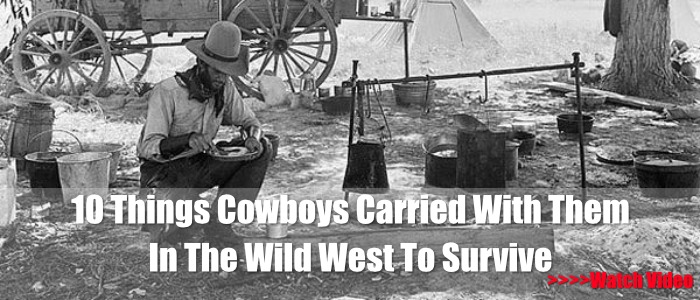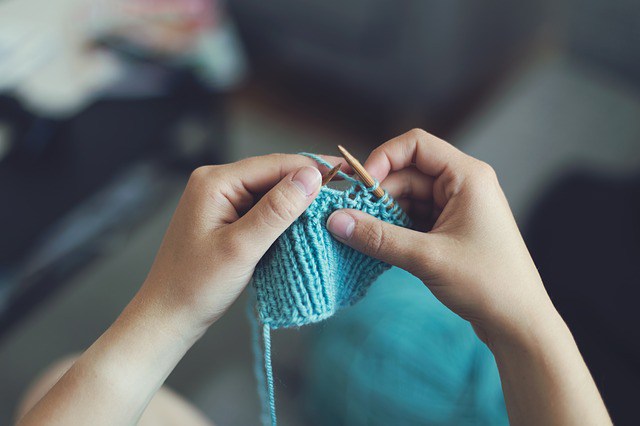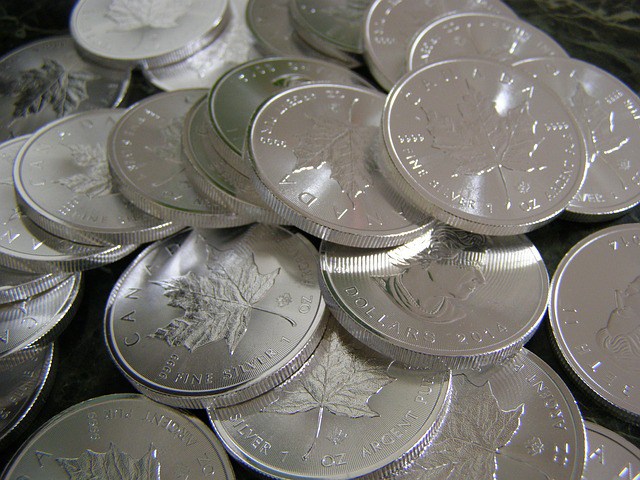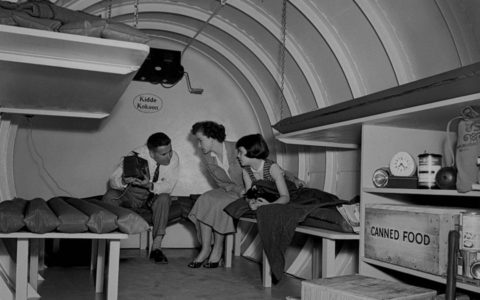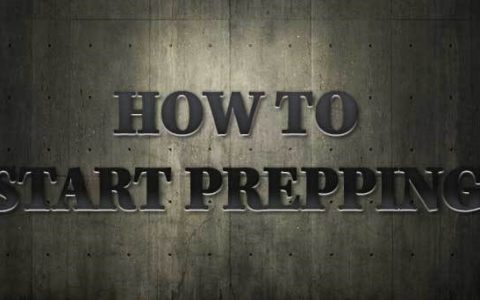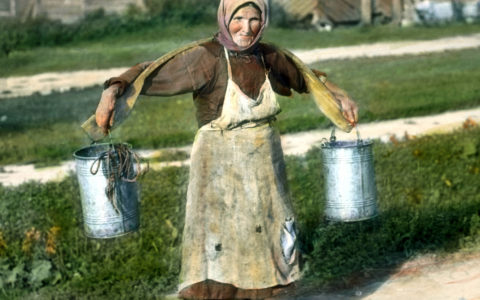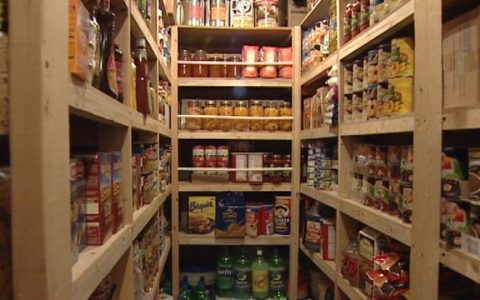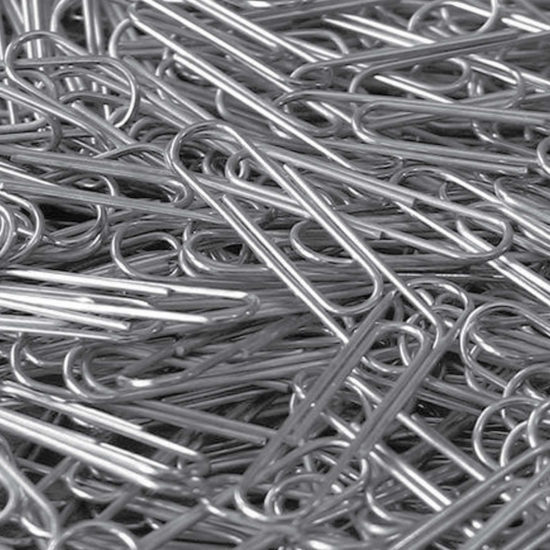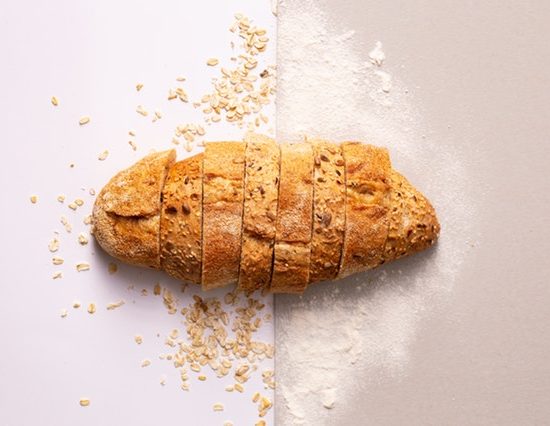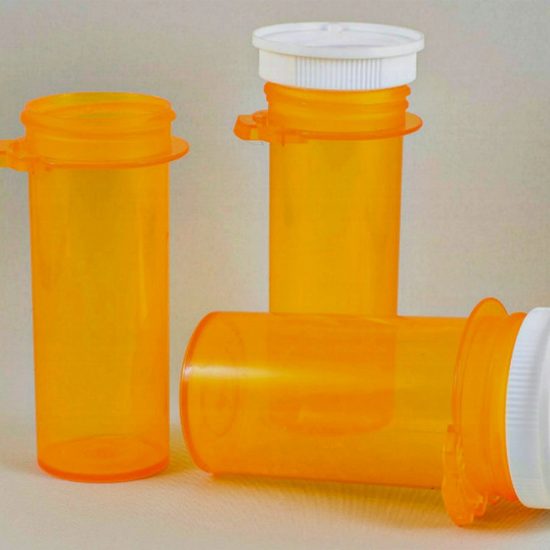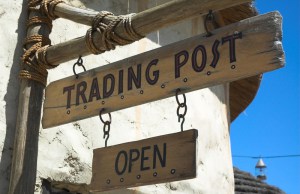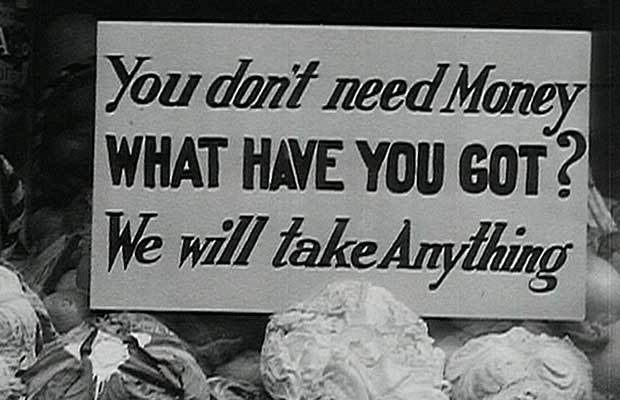
Say what you will about paper money, but it sure has made the process of buying things convenient. And plastic credit cards… well, perhaps they make purchasing a little TOO convenient. But what will happen when the day comes when paper money is no longer issued or backed by the government? What will happen when our credit and debit cards slide for the last time? Commerce and industry will never disappear, there will always be people buying, trading and selling. The only difference will be how they will be doing it once today’s money loses its value. So, below we’ve put together a list of 10 bartering items that will be worthy of trading for those days ahead, on the other side of that moment we call when the SHTF…
Information/knowledge
If you know how to do something and another person doesn’t, and the other person needs to know how to do that thing, then you have something of value. Some examples of knowledge that would be valuable for those days after the SHTF could be things such as an understanding of gardening and growing foods, basic medical knowledge, an understanding of herbs and medicines, skill in animal husbandry, skill in midwifery, skill in hunting, tracking or defense. Even a skill in storytelling might help you come out ahead at times. I mean, everyone wants someone fun to sit around the fire with!
So, while you’re preparing for those days ahead and storing your food and water, don’t neglect yourself or your brain. With the right decisions and knowledge what you see when you look in the mirror might be the most valuable bartering object you have!
Fabric
Everyone needs fabric to keep themselves and their loved ones protected and warm and if the factories aren’t running eventually there will be a shortage. What fabrics you would want to save depends on where you live and what your lifestyle is. Lighter fabrics might be somewhat valuable in warmer climates, but in the cold and the mountains, thick wool fabric can be a literal lifesaver. Whether it’s mending a ripped coat or stitching a new pair of pants for a growing child, sometimes a thin layer of fabric is the only thing we have between us and a cold death.
Precious Metals
We humans have used precious metals like gold and silver for trading for tens of thousands of years. Usually precious metal is traded in coin form. Gold and silver coins are considered valuable due to their scarcity (there is not a lot of it and it’s hard to mine) and their how small and easily transportable they are.
While gold and silver coins will likely always have some degree of value you still can’t eat them or wear them, they won’t keep you warm and they won’t keep you out of the rain. Because of that gold and silver coins won’t likely have much value in the days immediately after the SHTF because people will be more worried about more immediate needs (like food and protection). But, once things start to calm down and an economy begins to reform it’s more than likely that gold and silver coins will once again claim value.
“Shoes”
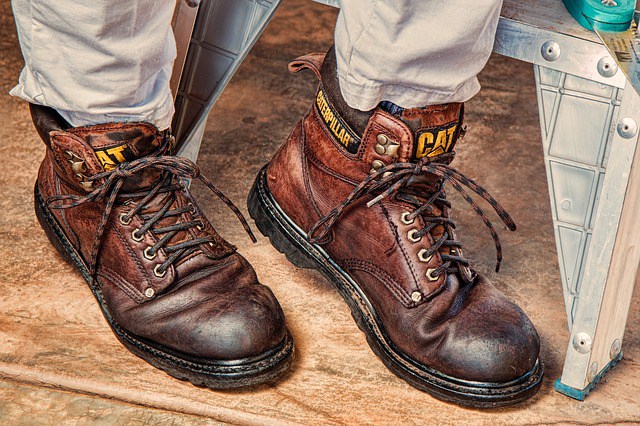
When I say “shoes” I don’t mean only shoes. What I really mean is any type of item that is both necessary and that also wears out with regular and sustained use. Shoes are simply a good example of this sort of item. This doesn’t mean I suggest you clear out the back portion of your garage and stock up on shoes the next time the shoe store has a sale. I’m simply reminding you that people aren’t going to want to have bare feet. And if you have shoes… well then…
Survival Gear
Yes, I know this is a huge category. It’s spans everything from knives to tents, from water purifiers to binoculars. But there is no denying that when things go south objects and items that help people stay alive will be in great demand and any item in great demand has trading value. With this in mind, when you upgrade to new equipment you might not want to throw out the old stuff. That old pair of binocs, while perhaps not something you’ll be using anytime soon, might be worth a week (or a month) worth of food to the right person.
Canned Food
This is an obvious one. We, humans, need food every day, but every day lots of food spoils or goes bad. Canned and bottled food is the answer to this problem. When properly stored some canned and bottled food can last for decades or more. That’s a lot of flexibility in food storage. And, if after a couple of years you’re sick of your bottled green beans then perhaps you can find someone else who’s sick of their bottled beets and boom! You’ve got a trade (and thankful taste buds).
Guns
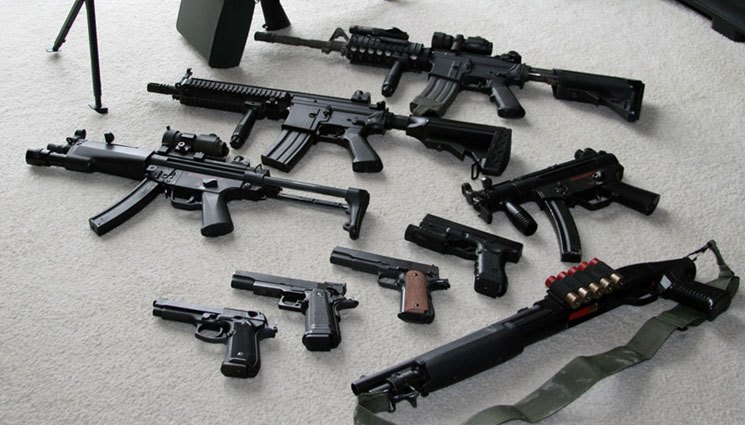
Another obvious one. Guns, guns and more guns. Whether it’s a .22 or a .306, a pistol or a shotgun, few things will be more valuable than guns for when the SHTF. Guns can be used to provide food for yourself and your family, they can be used to protect your loved ones and to defend your own food. Perhaps one of the most valuable thing about guns isn’t shooting them at all, but simply the knowledge that you could shoot if you needed to.
One caveat that comes with bartering guns, make sure you trust who you’re trading the gun(s) to. A gun doesn’t care who’s holding it, it’s a tool, nothing more. And a gun in the wrong hand can do immense degrees of harm to you and the ones you love. So, if you have enough guns and see a value in trading feel free to do so, but don’t hand a gun over to a man or woman who will be likely to simply turn the gun around and use it on you.
Alcohol
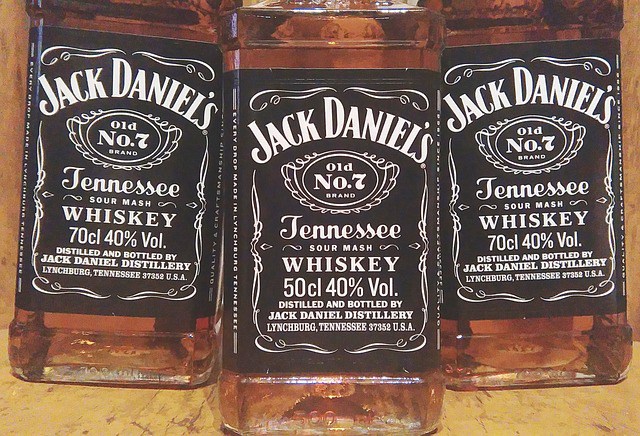
Even if you don’t drink it, chances are there will be someone nearby you that does, and they might be willing to trade you quite a bit for the chance to taste a bit of alcohol again.
Plus, alcohol can be used for more than just drinking. It can be used as a cleaning liquid, as a solvent, as a fuel and even as a preservative! And as long as the bottles are kept closed alcohol will store for basically forever. If you’ve got shelves full of canned and bottled food then you might want to consider adding a bottle or two, or twenty, of alcohol to your collection. You just never know when it will come in handy, and you never know just how much someone else will be willing to trade for it.
Dried Foods
Dried foods are in the same category as canned and bottled foods. The only difference is that the fact that they are dried means they are lighter and easier to transport. Because of this, dried foods will find their greatest value in a society or world that is moving and transitory. If you live in a cabin in the woods then you might want to invest in bottled foods. If you’re living in a tent and moving around then dried foods will be your best caloric value.
Bullets
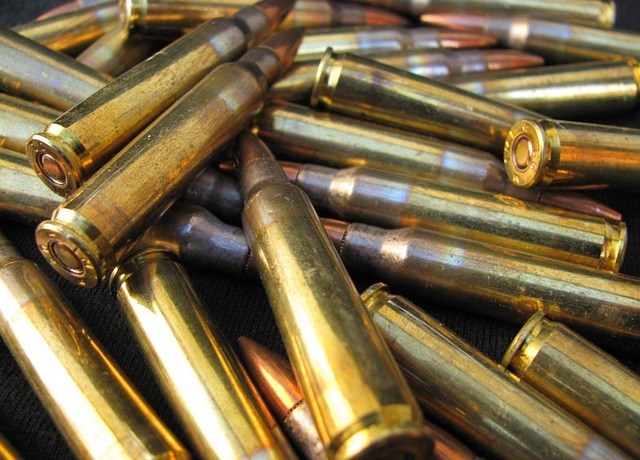
And here we are, item #1, what some might argue could, at the end of the day, be the most valuable trading item for those days on the far side of that moment where the SHTF. Bullets. Bullets? You might ask. Why would bullets be so valuable?
A handful of reasons. First, like precious metals, bullets are both difficult to manufacture and they are small and easily transported. Plus, like food or fabric, bullets have a utility value since they can be used to keep you and your loved ones alive. Like canned or bottled food, bullets have a very long “shelf life”. In addition, guns are mostly worthless without bullets so, if your neighbor is the guy with all the guns, and you are the one with all the bullets then chances are you’ll have a lot to talk about.
Many different types of bullets can also be reloaded and used multiple times as well. Due to all these elements, bullets will always have a great value in a post SHTF world.
At the end of the day, intelligence should be used while you prepare for the future and when you are preparing and prepping be sure you make the best purchases, especially with the goal of being able to barter in that strange new world.


